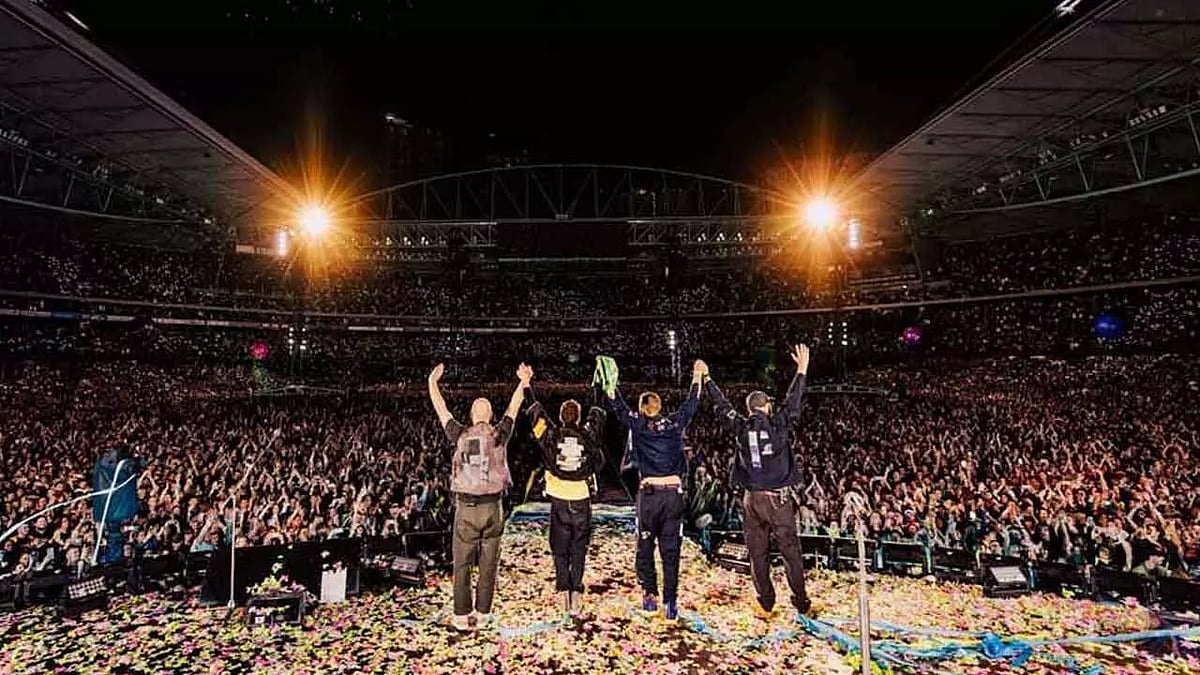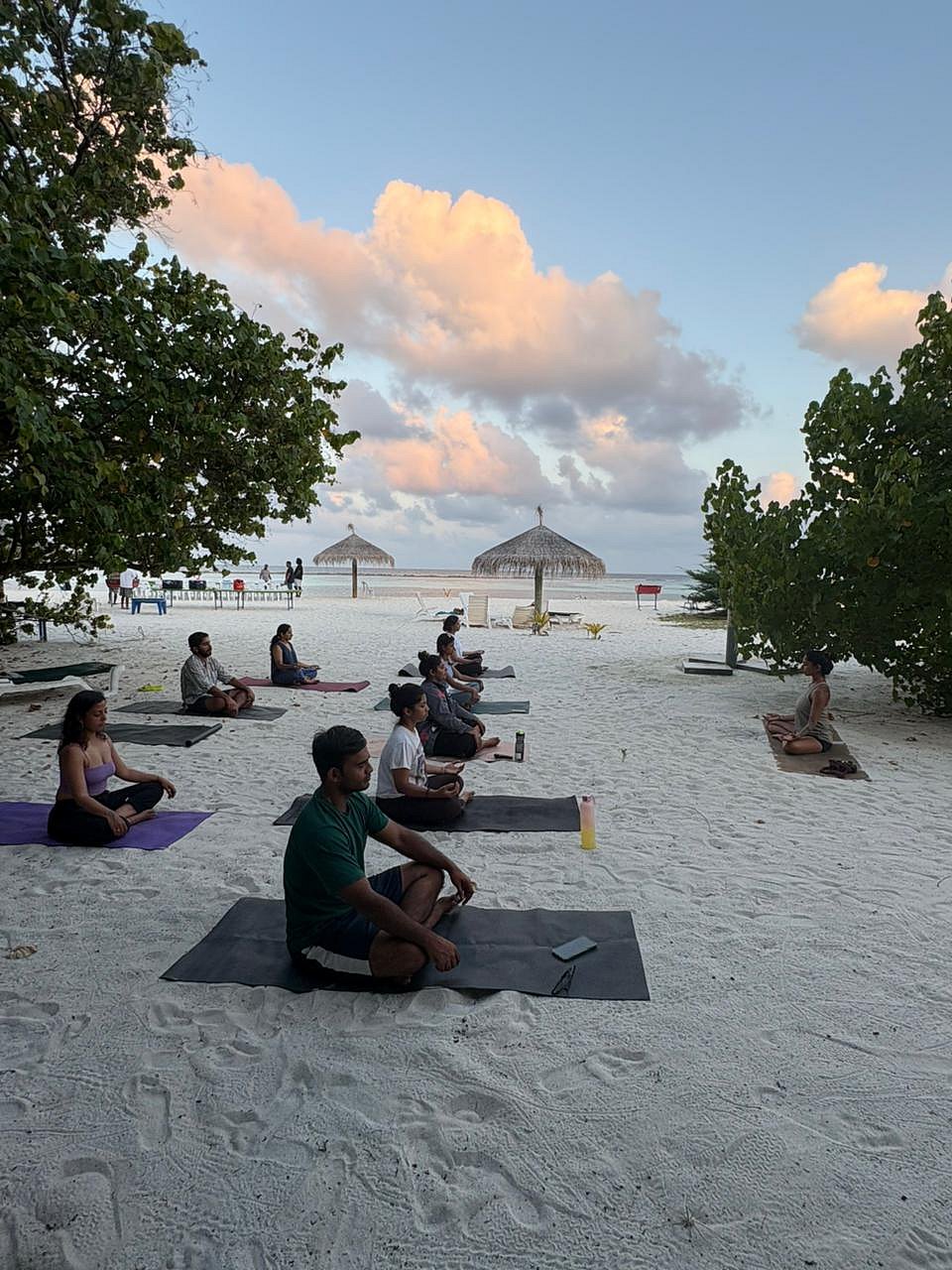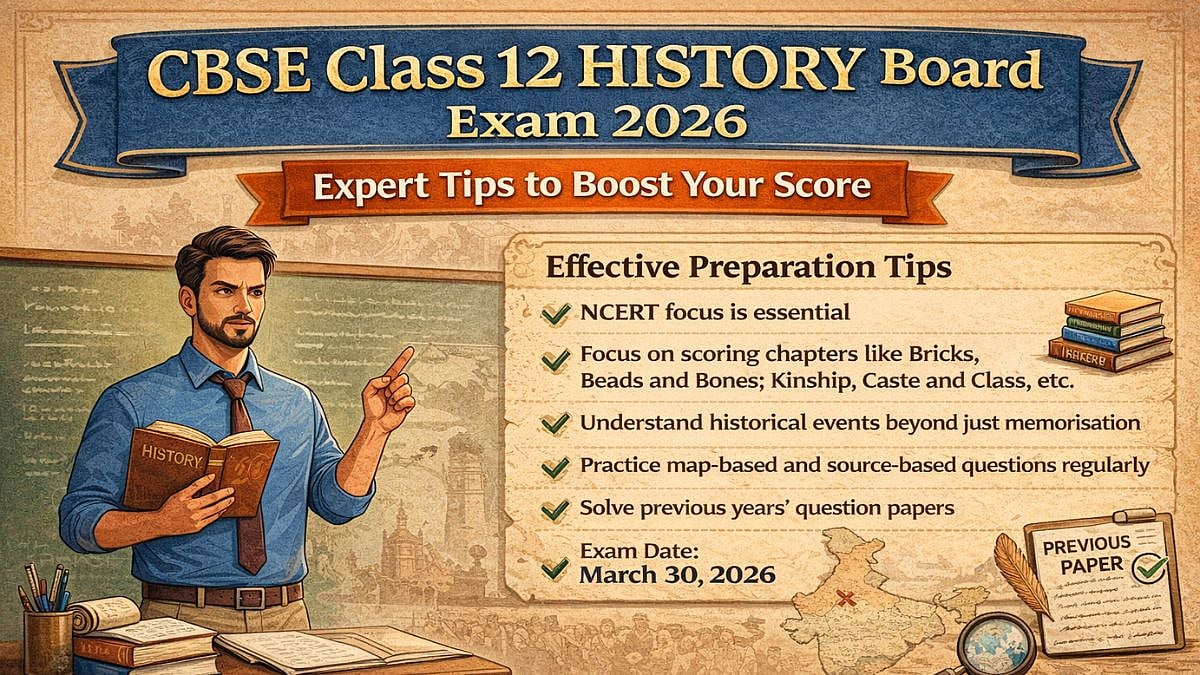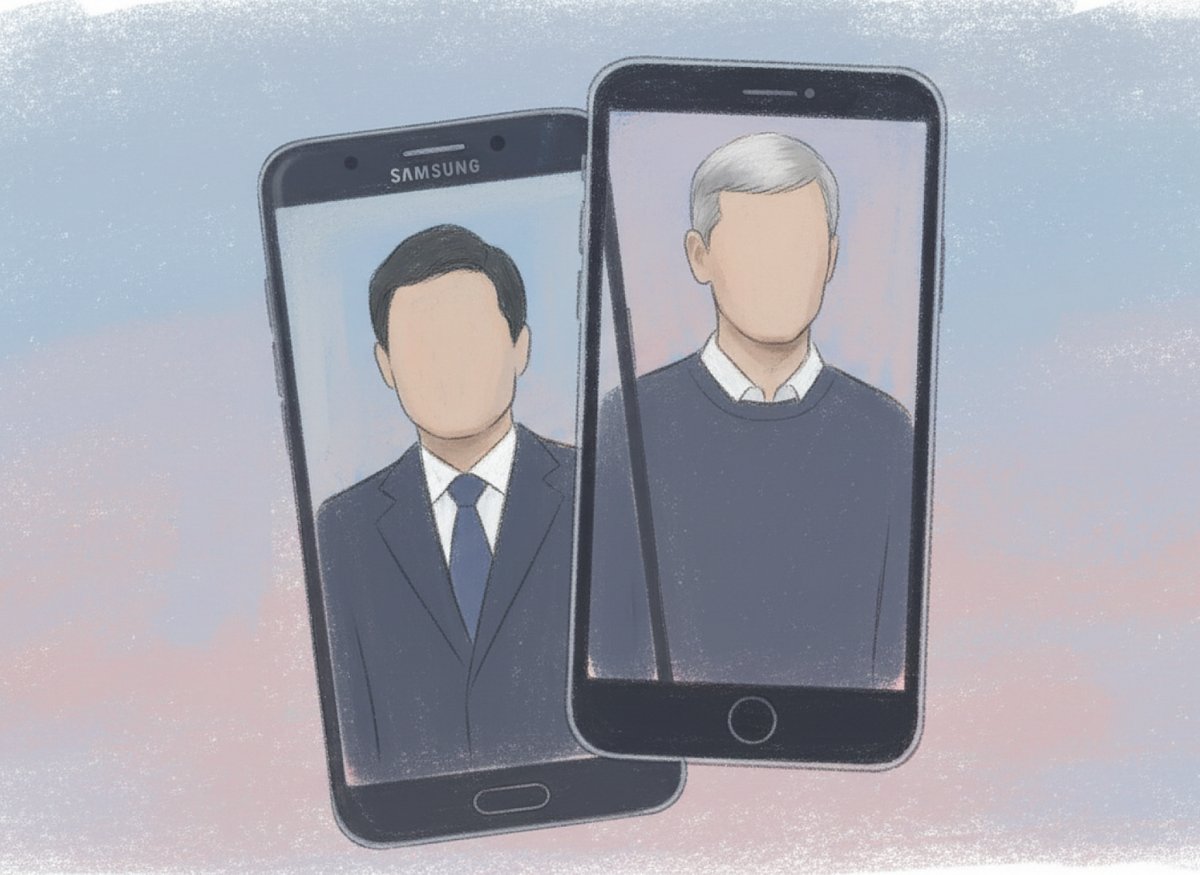Travel, once about ticking destinations off a map, has evolved into something far more personal — a search for meaning. The modern traveller isn’t just collecting passport stamps; they’re seeking connection, learning, and purpose. From AI-powered itineraries that promise hyper-personalised adventures to slow holidays that bring families and communities back together, the reasons we pack our bags are changing — and so is the industry built around them.
Music has proven itself a universal connector — bridging generations, cultures, and even continents. We may not understand the lyrics of that K-pop song we love, but we know it can transport our minds and move our bodies.
“Remember when everyone was travelling to Ahmedabad to watch Coldplay perform live and came back the same day? How crazy was that,” laughs Ananya Bahl, a content strategist at Club Mahindra. She then quickly confesses, “But wait a minute — I did that too!”
Except Bahl flew to Abu Dhabi to watch the Red Hot Chili Peppers. “It was actually my father who told me I should see them live while they’re still performing.” Notably, the bandmates are now in their 60s — not exactly the average age for rock stars.
For others, it’s more than just a one-time concert. “I have a friend who’s watched Coldplay live four times now,” says Vinitaa Rawat of Amazing Vacations. “She literally plans her vacations around the band’s tour calendar — wherever Coldplay goes next, that’s their next destination.”
Welcome to the new “gig tourism” — where people travel not to sightsee, but to tune in.

Whether it’s a ceramic artist hosting creative getaways in a sunlit Goan villa or a yoga teacher leading sunrise retreats by the beach, mindful learning holidays are gaining momentum.
At these “vacation-classes,” travellers devote a few hours each day to a chosen practice — pottery, bakery, yoga, or even scuba diving — while spending the rest of the time connecting with nature, their mentors, and fellow seekers.
“I find that people are looking to add meaning to their holidays,” says Myra Khanna, Co-Founder of BeWater, and a scuba diving and yoga teacher. “In a world of 30-second reels, where we forget what we saw within minutes, people are choosing to invest in experiences that last in memory and meaning.”

The rise of these experience-led getaways marks a clear shift — from travel as escape to travel as enrichment.

Family holidays are making a comeback — not the hectic, itinerary-stuffed ones of the past, but slower, more intentional breaks that bring generations together.
“We are seeing a clear rise in multigenerational travel,” says Akansha Agarwal, Co-Founder and CMO of Int2Cruises. “Families want holidays where children, parents, and older members can enjoy themselves without complicated planning.”
This has fuelled a boom in curated stays, with brands like SaffronStays and StayVista leading the charge. “We’re seeing huge demand for villas in places like Alibag, Karjat, and Nashik — destinations just a couple of hours away by road,” says Ankita Sheth, Co-Founder of StayVista. “Because though people live in nuclear families and smaller homes, they still want to host.”
Convenience, cost, and connection are the new luxuries. Shorter breaks, simpler logistics, and improved infrastructure are encouraging Indians to rediscover India — and to realise that the perfect escape doesn’t always need a passport stamp.

But as travellers seek meaning and connection, another force is quietly reshaping the landscape — technology. With GenAI now capable of creating entire itineraries in seconds, a new question arises: can data replace instinct?
“I find that what you give is what you get,” says Rawat. “What I can offer in an hour-long conversation, based on years of experience, is completely different from what AI can generate from a three-line prompt.”
While AI promises hyper-personalised results at scale, travellers must beware of a hallucinating bot. “I heard from a client that she once asked ChatGPT if she needed a visa to enter Vietnam,” Rawat recounts. “It said no. She found out otherwise — at the airport. Live and learn, sure, but when the stakes are that high, it’s not worth the gamble.”
“I find that travellers want the freedom of discovery but also the assurance of expert refinement,” adds Richa Fotedar of Travel N Living.
Travel today is a balancing act — between speed and stillness, convenience and curiosity, machine precision and human intuition. AI may map the route, but the journey will always belong to the traveller — to those seeking not just places, but purpose.









